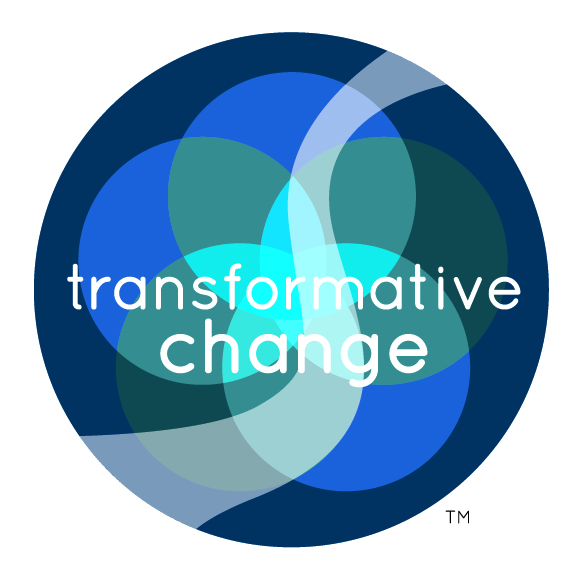I recently had the opportunity to brief Congressional staff, employees of the US Department of Labor (DOL), and staff of the Domestic Policy Council at the White House and Office of Management and Budget (OMB) on the status of the Trade Adjustment Assistance Community College and Career Training (TAACCCT) grant. The meetings were organized by Mary Clagett of Jobs for the Future (JFF) as part of a series of Congressional briefings that are sponsored by the Joyce Foundation.
These meetings came about because the Office of Community College Research and Leadership is the recipient of third-party evaluation contracts for two first round TAACCCT consortia. OCCRL also leads the new Transformative Change Initiative (TCI), which engages TAACCCT consortia in learning about scaling and sustaining innovation and helps them develop strategic plans to guide future scaling efforts. This project is possible through the generous funding of the Joyce Foundation, Lumina Foundation, and Bill & Melinda Gates Foundation.
The Washington, D.C., meetings also involved leaders of three TAACCCT Round One Consortia that are part of the TCI project: Dale Allen, director of the Massachusetts Community College and Workforce Development Transformation Agenda (MACCWDTA) Consortium; Marianne Krismer, director of the Health Professions Pathway (H2P) Consortium; and Susan Gallagher, director of the National STEM Consortium. The meetings also included Van Wilson who represented the Virginia RETHINKS Health Sciences Education Consortium.
Reflecting on the day, I am struck by the eagerness of all parties to understand what is happening with the TAACCCT grant program. Several questions were prominent in the discussions. How are community colleges implementing new programs and strategies? How involved are workforce agencies, employers, and other partners in the grants? Which student groups are participating, and are these groups part of the intended target audiences? What do we know about how the programs are working, and what outcomes might emerge? The conversations generated insights into what is working and what is not working, which seems entirely appropriate given the large federal investment in TAACCCT.
Looking to the future, interest was expressed by the federal staff as well as the TAACCCT grantees to continue a dialogue about how these grants are evolving and how future funding might be structured to best accomplish intended goals and outcomes. Efforts of the DOL to partner with the Urban Institute in the evaluation of TAACCCT represents another important vehicle to increasing communication about the grants and how evaluations can be conducted and results shared to improve understanding. In this regard, the TCI project is forming the Evaluation Collaborative which is meeting for the first time December 9-10, 2013 in Chicago Illinois at the Illini Center to discuss the role of evaluation in assisting TAACCCT Consortia to scale and sustain changes seeded through the TAACCCT grant program.
The eight Round One TAACCCT consortia were chosen in fall 2012 based on their innovative ideas for reinventing community college education to prepare diverse learners to enter and succeed in the workforce. In May 2013, 11 Round Two TAACCCT consortia were chosen to join the Round One consortia to make up the founding members of the TCI network. Through Round Two of the TAACCCT grants, over 230 community colleges (20% of the community colleges in the United States) are engaged in TCI, with the potential for further growth.




